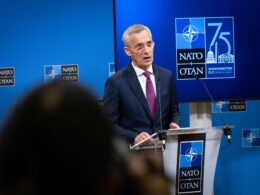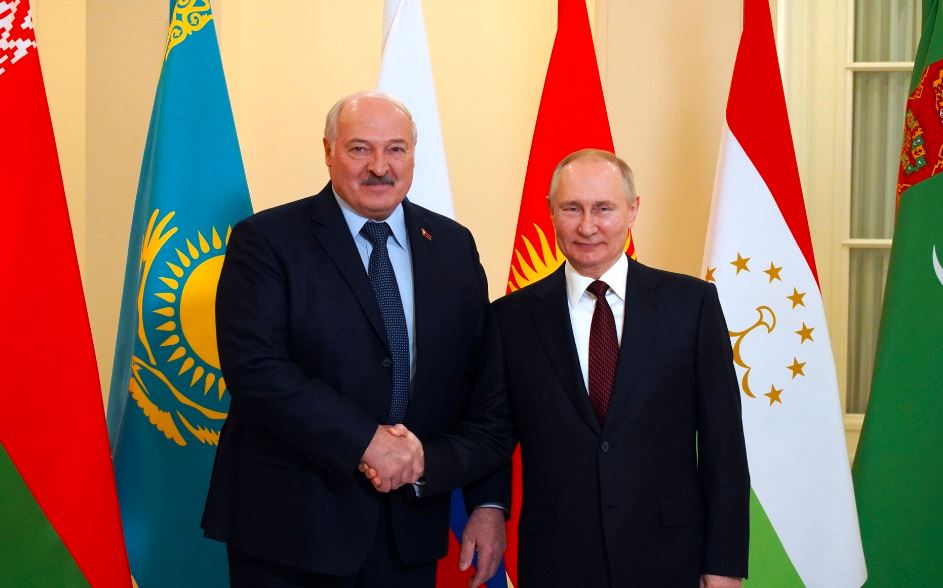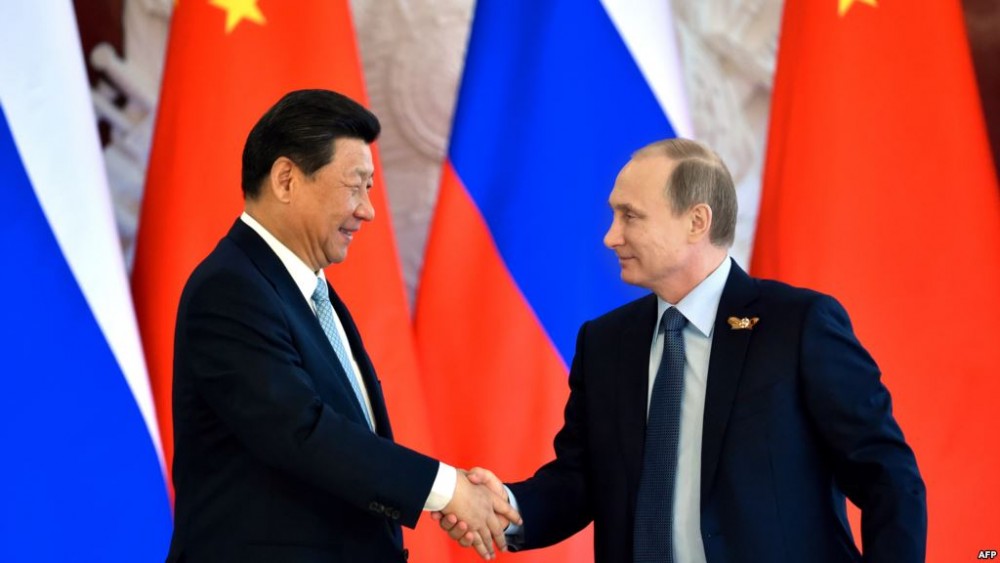“The Ukrainian-Russian conflict is to a significant degree a conflict between the heirs of Kyivan Rus [Ukraine] and the heirs of the Golden Horde” [Moscow], according to Andrey Piontkovsky, and one of its key results will be “an intensification of the swallowing of Russia by China.”

In the course of a wide-ranging interview yesterday with Artem Dekhtyarenko of Ukraine’s Apostrophe news agency, the Russian commentator argues that it is a mistake to see what is taking place in Moscow as “a strengthening of the ties of Russia and China.”
Instead, he argues, it is part of a long ongoing process that has accelerated in the course of the Ukrainian crisis of “the swallowing of Russia by China.” At the recent Victory Day parade in Moscow, something “symbolic” happened that had never occurred “in the thousand year history of Russia:” three units of the Chinese military took part.
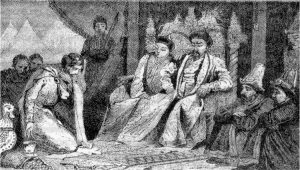
“For the Chinese who devote enormous importance to symbols,” Piontkovsky says, “this was as it were a parade of their victory” because it represented “a foretaste of their complete victory over Russia.”
A year ago, the Chinese clearly signaled that this is how they view things: Beijing’s prime minister told a gathering in St. Petersburg that “you have big territories, and we have many Chinese workers. Let’s unite these resources for the strengthening of our common economic potential.”
The Chinese had never permitted themselves to express such notions so boldly, the Russian analyst continues; but it is clear that they now have “complete confidence that having cut itself off from Western civilization, Putin’s Russia will become an easy catch” for Beijing.
That is all the more so, Piontkovsky continues, because there are influential people in Russia itself who “welcome this process” because they “consider the Golden Horde to have been the golden age of Russian history.” Thus, “the swallowing of Russia by China is a return to its deepest historical roots.”
Those who think in this way have a certain measure of truth on their side, the Russian commentator concludes, and that in turn means that the current conflict between Ukraine and Russia is “to a significant degree” a conflict between the two states these two countries emerged from, Kyivan Rus in the case of Ukraine and the Golden Horde in the case of Russia.
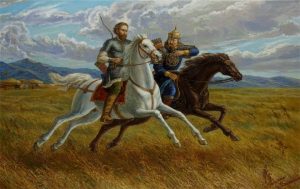
More on History:
How Moscow hijacked the history of Kyivan Rus’
Ukraine and Russia “share a long and common history” FAQ
5 facts about “Novorossiya” you won’t learn in Russian history class
Ignorant of history, Russians blame Lenin and Stalin for Moscow’s problems in Ukraine





